
Denarau Island: Fiji's Luxurious Oasis
Denarau Island is a premier tourist destination located on the western coast of Fiji's main island, Viti Levu. Known for its high-end resorts, world-class golf course, and stunning waterfront, Denarau offers a slice of paradise for travelers looking to relax in luxury. The island is easily accessible, being just a 20-minute drive from Nadi International Airport, making it a perfect first stop for your Fijian adventure. One of the highlights of Denarau Island is its array of five-star resorts, each offering private beaches, lavish pools, and top-notch amenities. The island's marina, Port Denarau, is a bustling hub of activity, featuring boutique shopping, fine dining, and a variety of water sports. Whether you're interested in a leisurely cruise, a deep-sea fishing expedition, or an exhilarating jet-ski ride, Port Denarau has something for everyone. Apart from its luxurious accommodations and vibrant marina, Denarau Island is also home to the Denarau Golf & Racquet Club. This 18-hole championship golf course offers stunning views and challenging play, making it a must-visit for golf enthusiasts. For those looking to explore further, the island serves as a gateway to the Mamanuca and Yasawa islands, known for their beautiful coral reefs and crystal-clear waters, perfect for snorkeling and diving.
Local tips in Denarau Island
- Book your resort in advance, as accommodations can fill up quickly, especially during peak seasons.
- Take advantage of the free Bula Bus service to get around the island easily and conveniently.
- Don't miss out on a sunset cruise from Port Denarau; it's a magical way to end the day.
- If you plan to golf, make sure to reserve your tee time early as the course is very popular.
- Explore the local markets at Port Denarau for unique souvenirs and fresh local produce.
Denarau Island: Fiji's Luxurious Oasis
Denarau Island is a premier tourist destination located on the western coast of Fiji's main island, Viti Levu. Known for its high-end resorts, world-class golf course, and stunning waterfront, Denarau offers a slice of paradise for travelers looking to relax in luxury. The island is easily accessible, being just a 20-minute drive from Nadi International Airport, making it a perfect first stop for your Fijian adventure. One of the highlights of Denarau Island is its array of five-star resorts, each offering private beaches, lavish pools, and top-notch amenities. The island's marina, Port Denarau, is a bustling hub of activity, featuring boutique shopping, fine dining, and a variety of water sports. Whether you're interested in a leisurely cruise, a deep-sea fishing expedition, or an exhilarating jet-ski ride, Port Denarau has something for everyone. Apart from its luxurious accommodations and vibrant marina, Denarau Island is also home to the Denarau Golf & Racquet Club. This 18-hole championship golf course offers stunning views and challenging play, making it a must-visit for golf enthusiasts. For those looking to explore further, the island serves as a gateway to the Mamanuca and Yasawa islands, known for their beautiful coral reefs and crystal-clear waters, perfect for snorkeling and diving.
When is the best time to go to Denarau Island?
Iconic landmarks you can’t miss
Smugglers Cove Beach Resort
Experience the ultimate tropical getaway at Smugglers Cove Beach Resort, where relaxation meets adventure on the pristine shores of Nadi, Fiji.
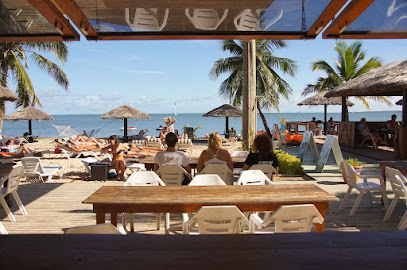
Garden of the Sleeping Giant
Explore the enchanting Garden of the Sleeping Giant, Fiji's premier botanical garden filled with stunning orchids and lush tropical beauty.
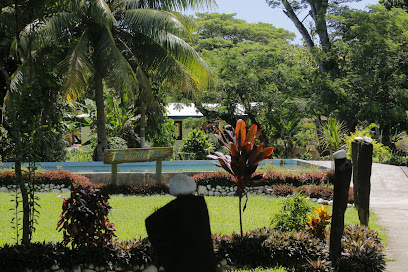
Vasaqa Fiji
Savor the best of Fijian cuisine at Vasaqa Fiji in Nadi, where local flavors meet vibrant culture and warm hospitality.
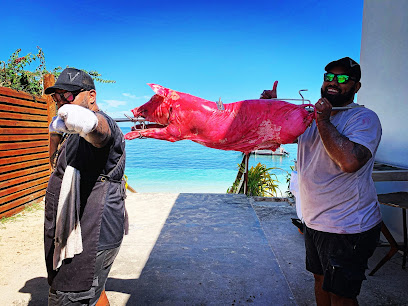
Grand West Villas
Experience the perfect blend of comfort and adventure at Grand West Villas, your ideal gateway to explore the enchanting beauty of Nadi, Fiji.

Fiji Local Taxi Transfers & Tours - Junior Knows Fiji
Explore Fiji's stunning landscapes and vibrant culture with personalized taxi services and tours from Junior Knows Fiji.
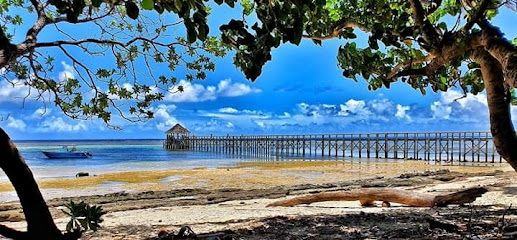
Island Surf Beauty and Spa
Discover tranquility at Island Surf Beauty and Spa in Nadi, Fiji – your destination for relaxation and rejuvenation amidst stunning tropical beauty.
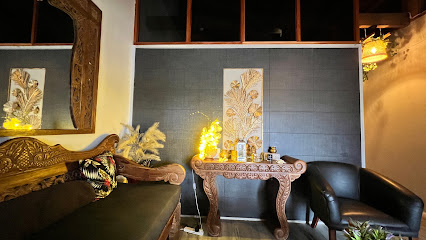
Sailors Beach Fiji
Experience the serene beauty of Sailors Beach Fiji, a perfect blend of relaxation, adventure, and Fijian hospitality on Wailoaloa Beach.
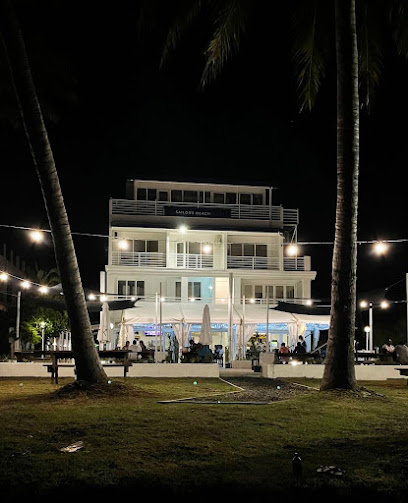
PacifInk Tattoo Nadi Fiji
Experience the vibrant art of tattooing at PacifInk Tattoo in Nadi, Fiji, where every design tells a unique story of culture and creativity.
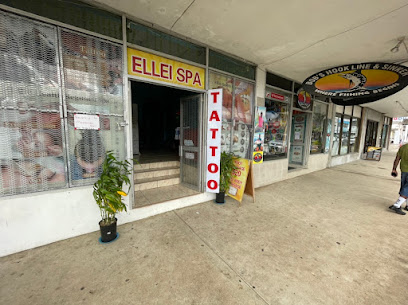
Naisoso Island Villas
Discover the luxury and beauty of Naisoso Island Villas in Fiji - your ultimate tropical getaway with stunning views and exceptional service.
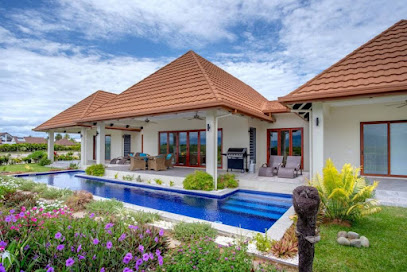
Tavuni Hill Fort
Explore Tavuni Hill Fort, a historical treasure in Fiji, offering stunning views and a glimpse into the island's rich cultural heritage.
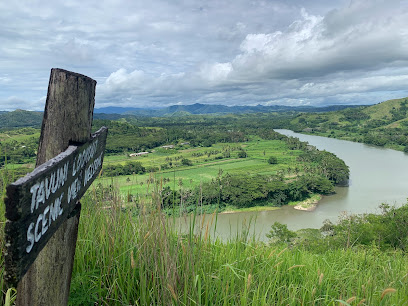
Xplore Airport & Hotel Transfers Fiji
Explore the beauty of Fiji effortlessly with Xplore Airport & Hotel Transfers, your reliable transport service connecting you to paradise.
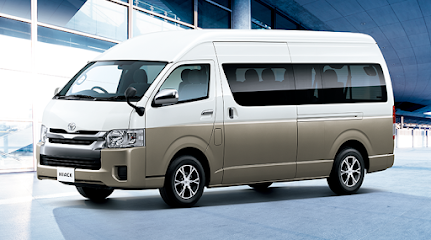
Naihehe Cave
Explore Naihehe Cave in Fiji: A breathtaking historical landmark showcasing stunning geological formations and rich cultural heritage.
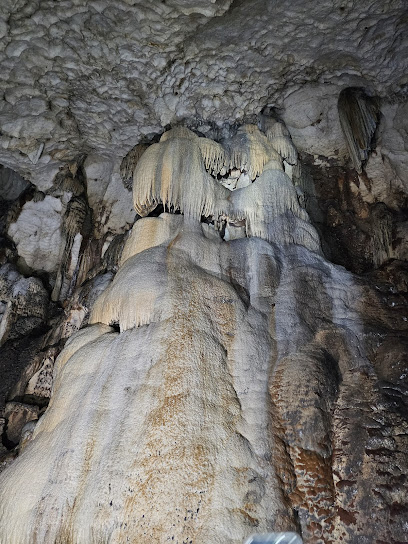
Naisoso Island
Discover the beauty of Naisoso Island, a luxurious resort destination in Fiji offering stunning accommodations, vibrant culture, and breathtaking natural landscapes.
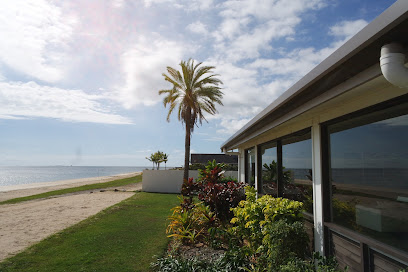
Fusion Tours And Transfers
Explore the hidden gems of Fiji with Fusion Tours and Transfers, your gateway to unforgettable adventures and cultural experiences in this tropical paradise.
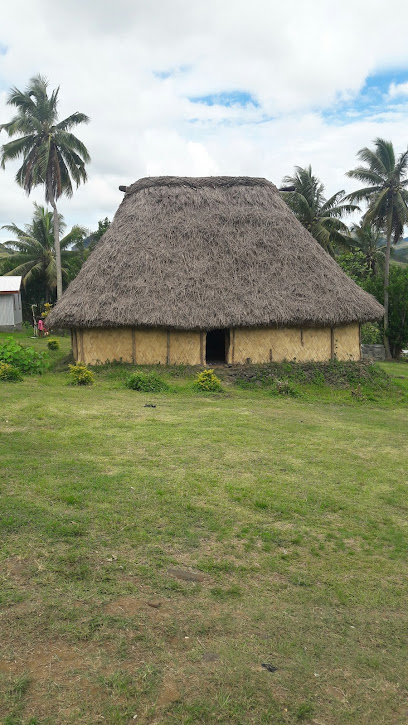
Travel Booking Fiji
Experience Fiji's beauty and culture with Travel Booking Fiji - your expert tour operator for unforgettable adventures in paradise.
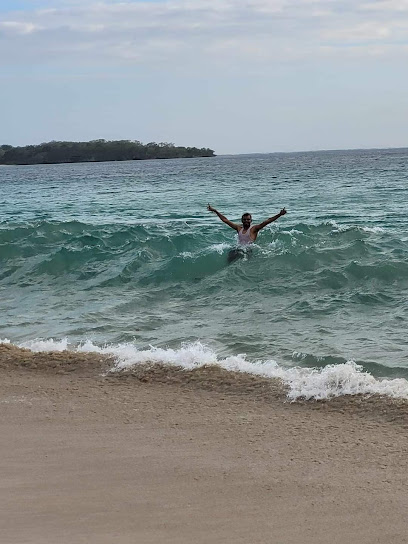
Unmissable attractions to see
Malamala Beach Club
Experience the world's first island beach club: white sands, crystal waters, and luxury await just minutes from Denarau.
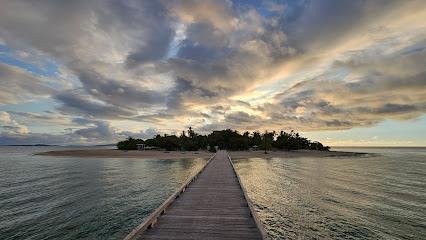
Lautoka Sea Wall
Experience the serene beauty of Lautoka Sea Wall: a coastal escape with ocean views, local culture, and breathtaking sunsets.
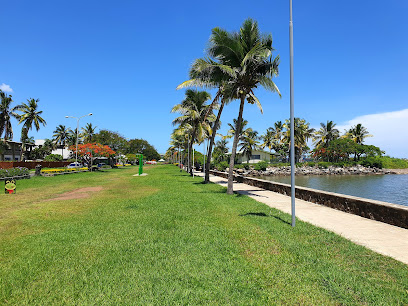
Nadovu Park
Escape to Nadovu Park in Lautoka, Fiji: a tranquil oasis with lush greenery, vibrant flora, and peaceful walking paths for ultimate relaxation.
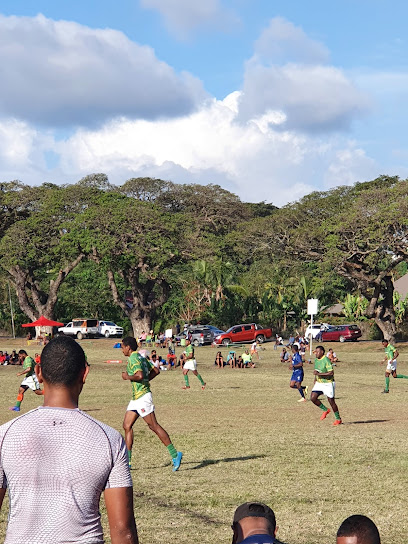
Monuriki
Discover Monuriki Island: Explore the untouched paradise where 'Cast Away' was filmed. Pristine beaches, hiking, and vibrant marine life await!
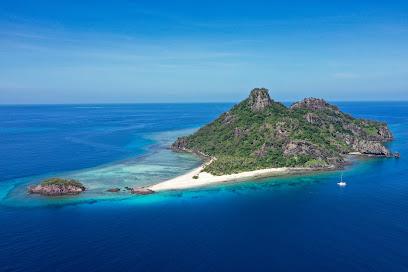
Lautoka Botanical Gardens
Discover a serene escape in Lautoka's Botanical Gardens, a vibrant showcase of Fiji's flora and a peaceful retreat for nature lovers.
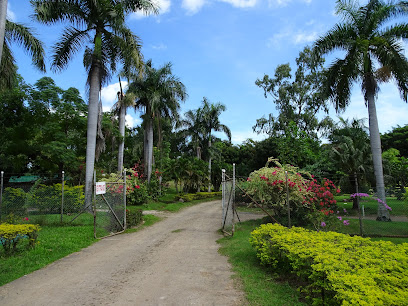
Mount Saint Mary's Catholic Church
Discover a serene spiritual oasis in Nadi, Fiji, where faith, community, and beautiful architecture converge.
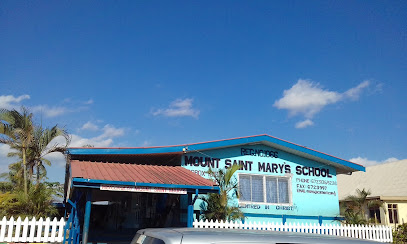
Mana Island
Experience the breathtaking beauty and tranquility of Mana Island, a tropical paradise in Fiji, perfect for relaxation and adventure.
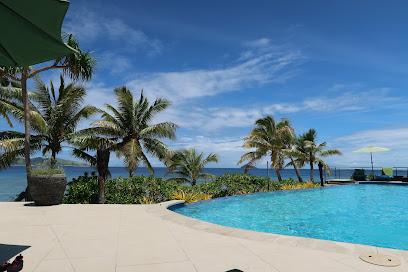
Lautoka Jame Masjid
Discover the serene beauty and rich Islamic heritage of Fiji at Lautoka Jame Masjid, an architectural gem in the heart of Lautoka.
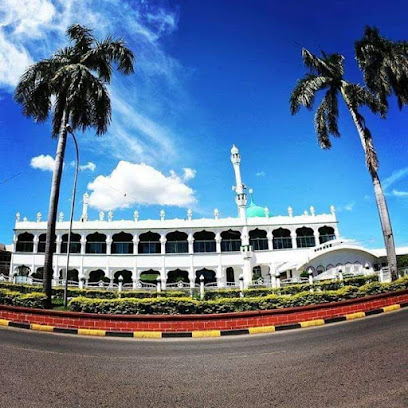
Fiji 4WD Safaris
Experience Fiji's authentic culture and breathtaking landscapes with immersive 4WD adventures into the heart of Viti Levu.
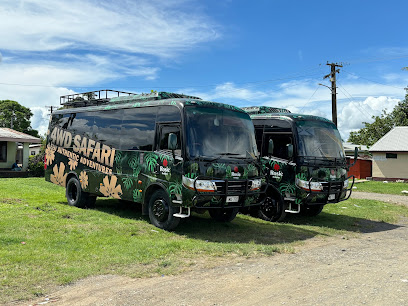
Fiji Water Sign
Explore the Fiji Water Sign, an iconic landmark surrounded by breathtaking landscapes, perfect for memorable photographs and cultural experiences.
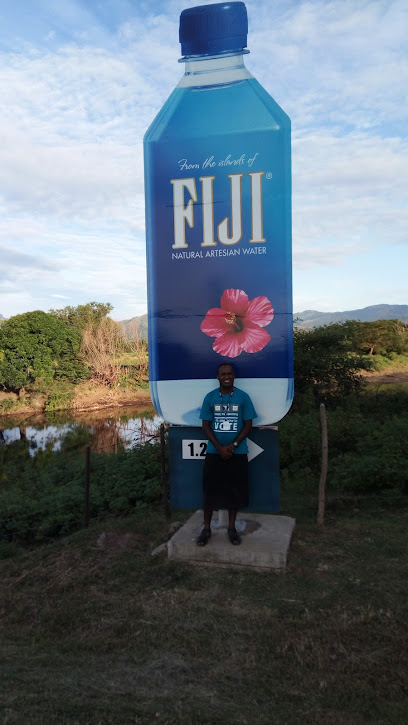
Shri Radha Krishna Temple
Discover the serene beauty and cultural richness of the Shri Radha Krishna Temple in Sigatoka, Fiji, a vibrant spiritual sanctuary.
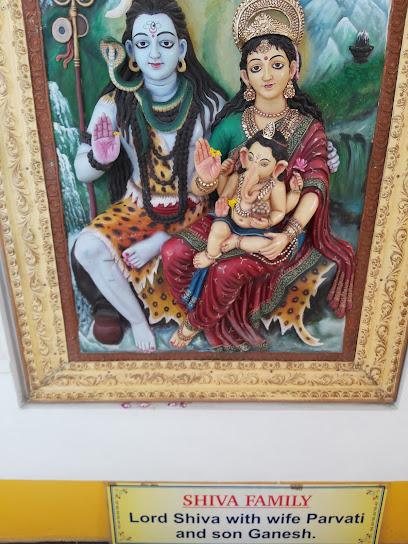
Tifajek Mud Pool & Hotspring Official Site
Rejuvenate your body and soul at Tifajek Mud Pool & Hotspring, Nadi's natural oasis of therapeutic mud and warm mineral waters.
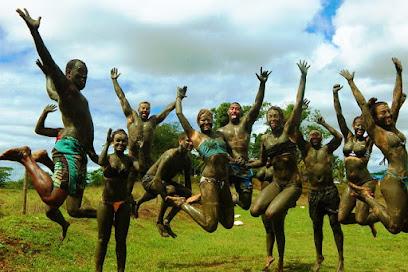
Tifajek Mud Pool Hot Spring Tours and Transfers
Rejuvenate your body and soul at Nadi's Tifajek Mud Pool & Hot Spring: a natural spa experience steeped in Fijian tradition and therapeutic wonders.
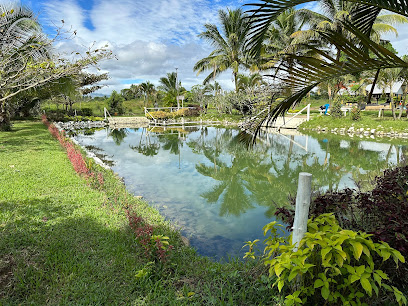
Wailoaloa Beach Market
Experience Fijian culture and cuisine at Wailoaloa Beach Market. Enjoy local flavors, handmade crafts, and vibrant atmosphere by the sea.
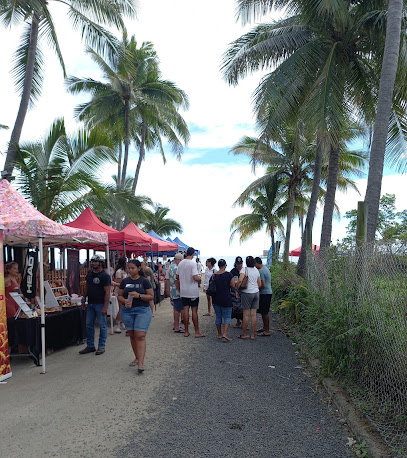
Vuwa Falls
Discover the majestic Vuwa Falls in Tubarua, Fiji: a serene escape into nature's beauty, offering stunning waterfalls and lush landscapes for an unforgettable experience.
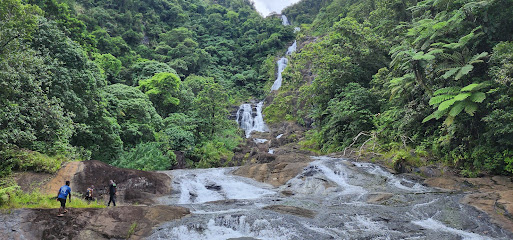
Essential places to dine
McDonald's Nadi
Enjoy classic fast food favorites with a Fijian twist at McDonald's Nadi - where comfort meets local flavor.
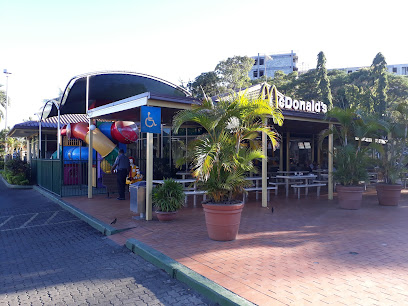
Bohai Seafood Restaurant
Experience authentic Fijian cuisine at Bohai Seafood Restaurant – where every dish tells a story of the ocean's bounty.
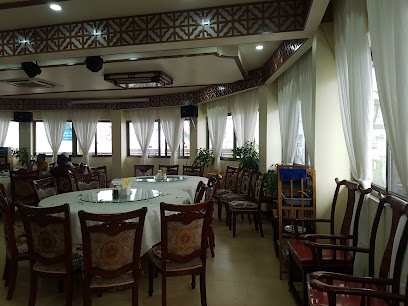
Sentai Seafood Restaurant
Experience authentic Fijian flavors at Sentai Seafood Restaurant - A culinary delight in Nadi featuring fresh seafood and Asian specialties.
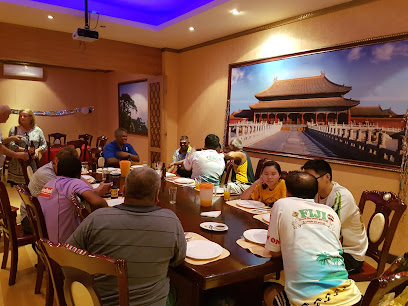
Corner Cafe Fiji
Experience the vibrant flavors of Fiji at Corner Cafe - your go-to spot for breakfast, lunch and delightful desserts in Nadi.
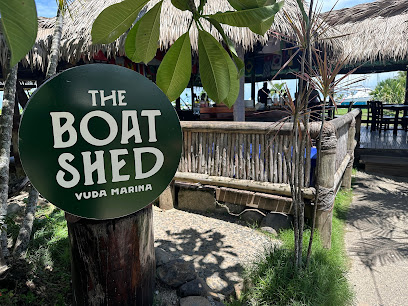
Daikoku 大黑
Experience authentic Japanese cuisine at Daikoku in Nadi, Fiji – where every dish is a journey through flavors.
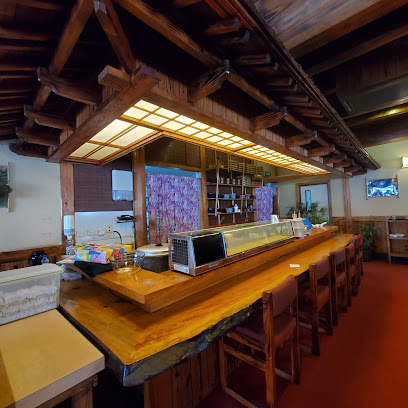
Vasaqa Fiji
Discover the vibrant flavors of Fiji at Vasaqa - where local cuisine meets tropical vibes in the heart of Nadi.
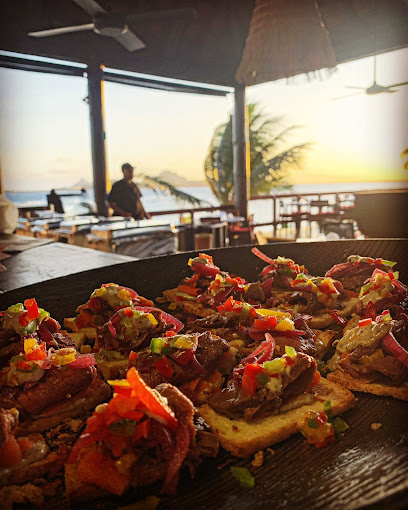
Masala Twist Restaurant
Experience authentic Indian cuisine at Masala Twist Restaurant in Nadi - a flavorful journey that tantalizes your taste buds.
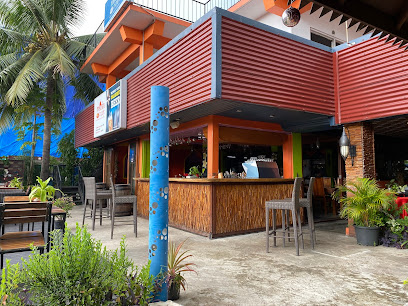
Beach Escape Resort Restaurant
Discover authentic Fijian cuisine at Beach Escape Resort Restaurant in Nadi, where vibrant culture meets delicious flavors for an unforgettable dining experience.
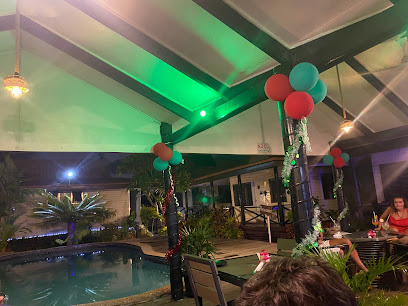
Red Pepper Restaurant & BAR
Discover the rich flavors of Punjab at Red Pepper Restaurant & BAR in Nadi – where authentic Indian cuisine meets Fijian hospitality.
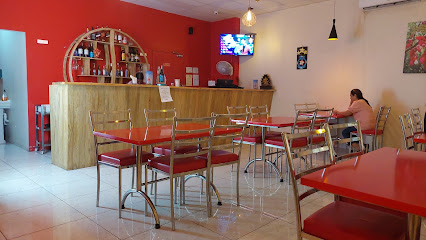
Chicken Express
Experience the vibrant flavors of Fiji at Chicken Express in Nadi – a fast food haven perfect for travelers craving delicious meals.
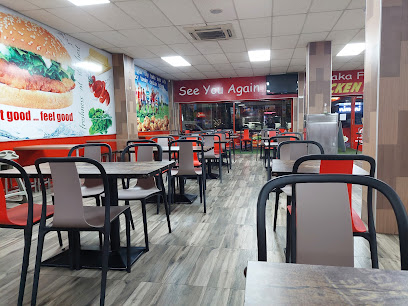
Olive Tree Wailoaloa
Experience authentic Mexican flavors at Olive Tree Wailoaloa, where vibrant dishes meet tropical charm in Nadi.
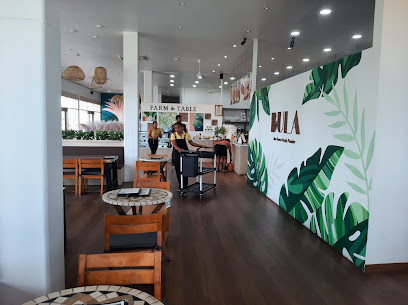
The Beach Club Wailoaloa
Experience the best of island dining at The Beach Club Wailoaloa – where delicious grilled meals meet breathtaking beach views.
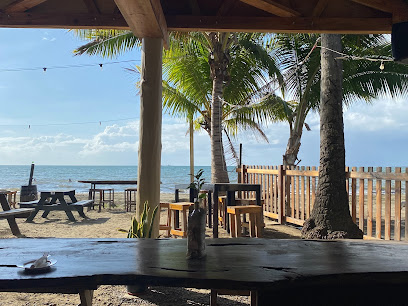
Small Plates Restaurant
Experience a vibrant culinary journey at Small Plates Restaurant in Nadi - where sharing exquisite flavors creates unforgettable moments.
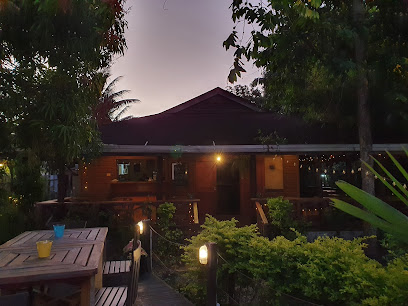
Sweet Laisa's Kitchen
Discover authentic Fijian flavors at Sweet Laisa's Kitchen in Nadi – where every dish tells a story.
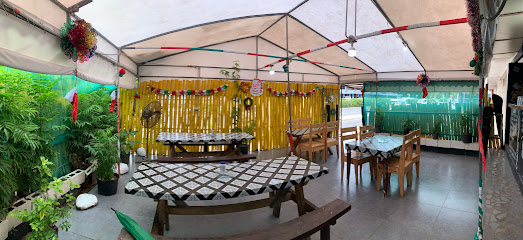
SWAGAT RESTAURANT NADI
Discover authentic North Indian flavors at Swagat Restaurant Nadi—where every dish tells a story.
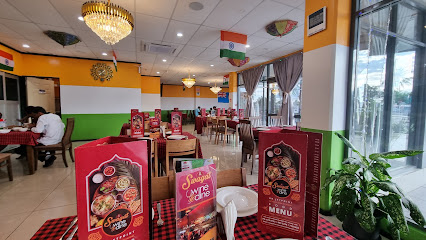
Markets, malls and hidden boutiques
Tappoo Shop
Discover a vibrant shopping experience at Tappoo Shop in Nadi, where unique Fijian souvenirs and local crafts await your exploration.
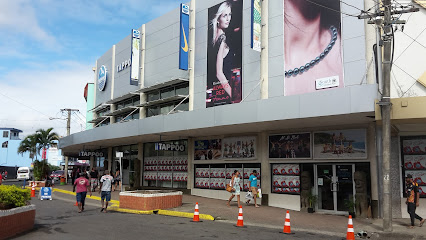
Harrisons Fiji
Discover unique fashion at Harrisons Fiji in Nadi, where local craftsmanship meets international style for an unforgettable shopping experience.
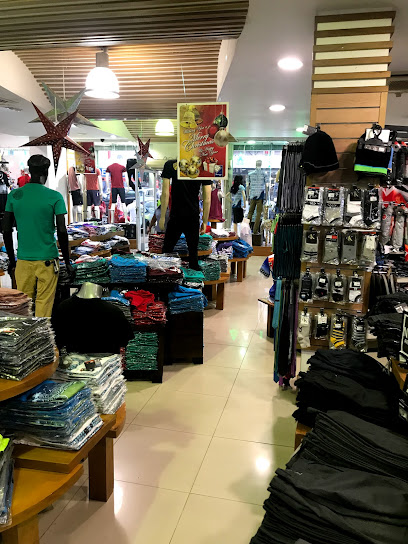
Adidas Nadi, Fiji
Explore top-quality athletic gear at Adidas Nadi, Fiji’s leading sporting goods store, perfect for all your outdoor adventures.
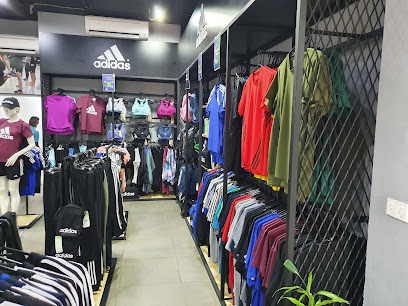
Bargain Box (FIJI) LTD
Discover affordable fashion and unique Fijian styles at Bargain Box (FIJI) LTD, your ultimate clothing destination in Nadi.
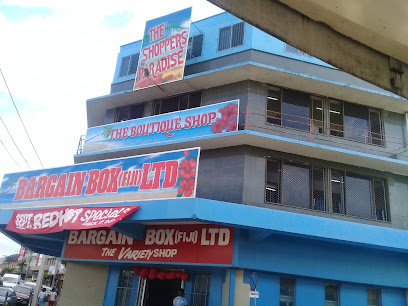
True Mart (Enamanu)
Discover True Mart (Enamanu) in Nadi - your ultimate destination for groceries, local flavors, and essential supplies while exploring Fiji.
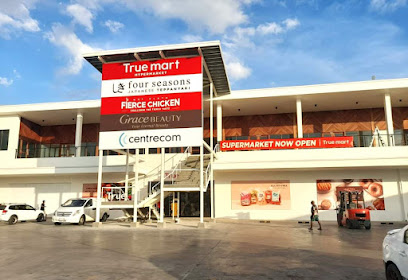
S Nagindas
Explore unique fashion at S Nagindas, a clothing store in Nadi, Fiji, offering stylish apparel and local designs in a welcoming atmosphere.
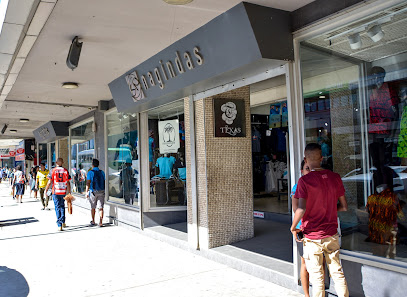
S Nagindas Headquarters and Warehouse
Explore S Nagindas Headquarters and Warehouse in Nadi for an unforgettable clothing shopping experience, blending tradition with contemporary fashion.
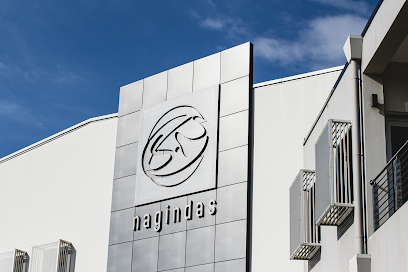
Jacks Discount Store
Discover unique Fijian handicrafts, clothing, and jewelry at Jack's Discount Store in Nadi, your one-stop shop for authentic souvenirs.
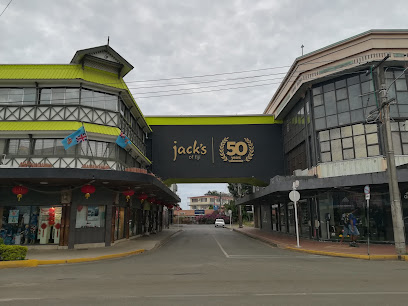
Paddys
Explore Paddys, Nadi's vibrant outlet store, offering unique Fijian crafts, clothing, and exceptional customer service for an unforgettable shopping experience.
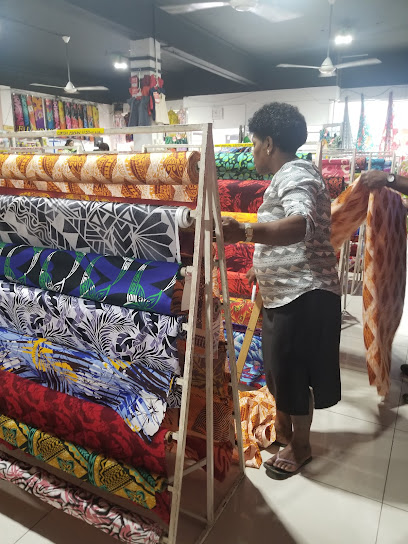
Oazzis - Lingerie Boutique in Fiji
Explore Oazzis – Fiji's premier lingerie boutique offering exquisite designs and personalized service, perfect for every occasion.
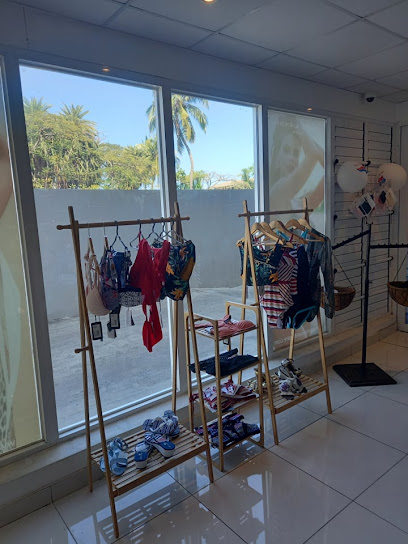
Kookie
Discover Kookie in Nadi, Fiji - your go-to clothing store for stylish apparel and unique accessories that reflect the vibrant island life.
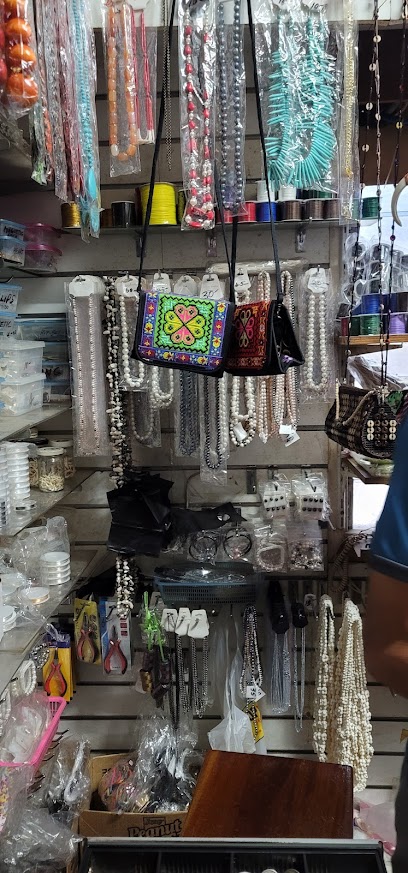
Avon Store
Explore the finest selection of electronics at Avon Store in Nadi, where quality meets exceptional service in every gadget.

Early Shop
Experience the vibrant atmosphere of Early Shop in Nadi, a shopping mall that offers fresh local produce and unique souvenirs, embodying the spirit of Fiji.

May May Gift Shop
Explore the essence of Fiji at May May Gift Shop, where local crafts and unique souvenirs await every traveler.
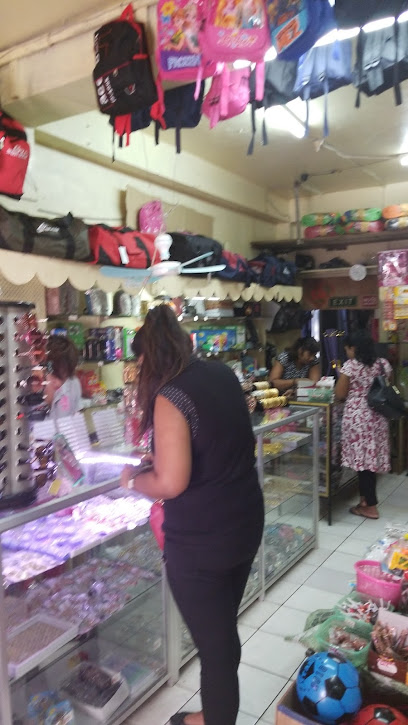
In Fashion
Explore vibrant island styles at In Fashion, Nadi's premier clothing store offering unique apparel reflecting Fiji's rich culture.
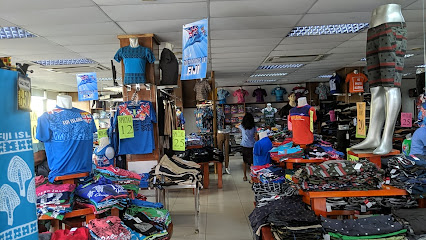
Essential bars & hidden hideouts
Ice Bar
Discover the Ice Bar in Nadi - a frosty escape featuring icy cocktails and a vibrant nightlife atmosphere in the heart of Fiji.
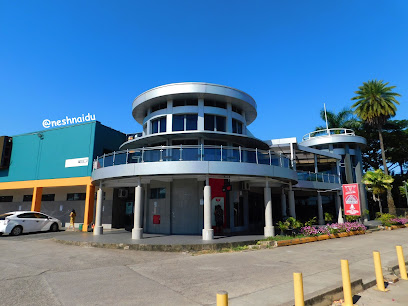
Legends Sports Bar and Restaurant
Experience the vibrant atmosphere of Legends Sports Bar and Restaurant in Nadi, Fiji, where delicious food and lively entertainment await tourists.
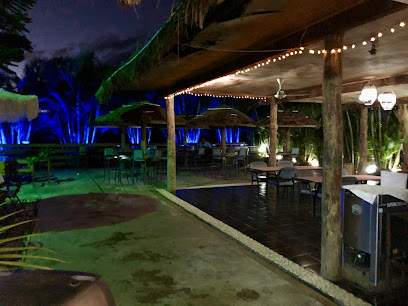
The Hive
Experience the vibrant nightlife and local flavors at The Hive, a popular bar in Nadi, Fiji, perfect for socializing and relaxation.
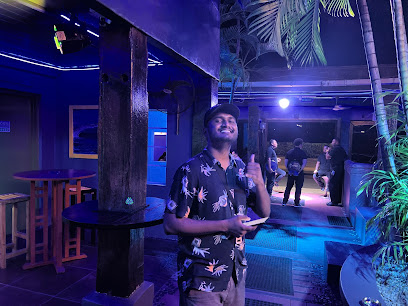
Momos Tavern
Experience the vibrant atmosphere, delicious food, and refreshing drinks at Momos Tavern, Nadi's premier pub for locals and tourists alike.
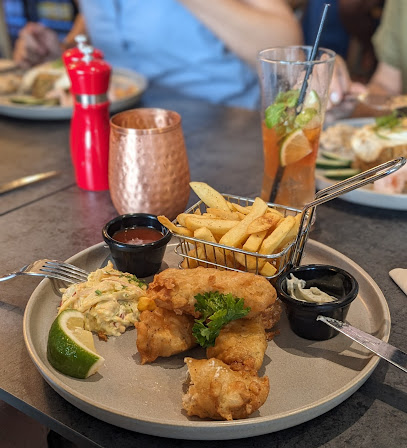
Sailor's Beach Fiji Restaurant and Bar
Discover Sailor's Beach Fiji, where fresh seafood meets breathtaking views and a relaxed tropical ambiance in Nadi.
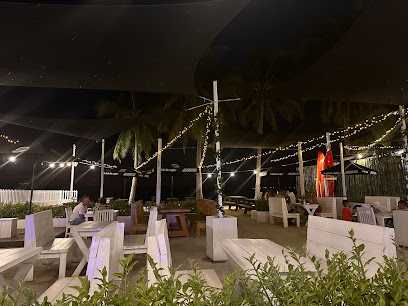
Eds Bar
Experience the vibrant nightlife at Eds Bar in Nadi, Fiji—where great music, lively atmosphere, and delicious drinks come together for an unforgettable night.
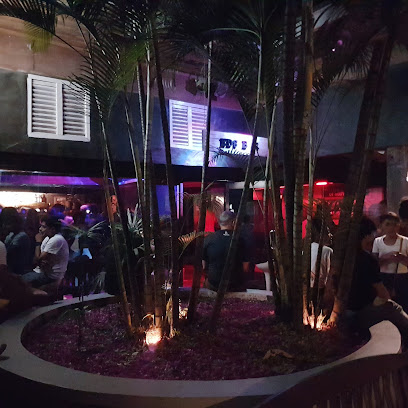
Bates Cafe & Bar
Discover the lively Bates Cafe & Bar in Nadi, Fiji, where refreshing drinks and a welcoming atmosphere await every traveler.
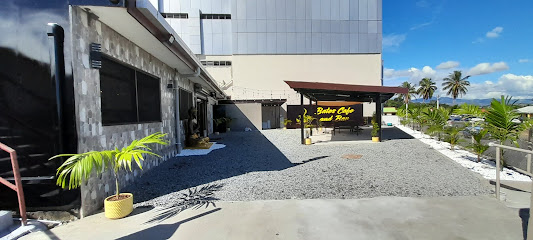
Tiger louge bar
Discover the vibrant atmosphere and refreshing cocktails at Tiger Lounge Bar in Nadi, your ultimate tropical escape in Fiji.
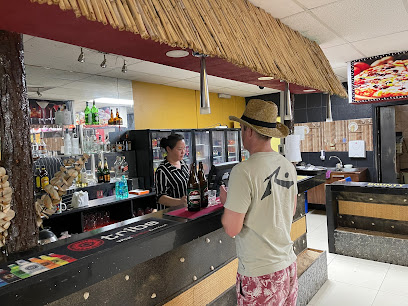
VP’s Kava Bar
Discover the essence of Fiji at VP’s Kava Bar, where traditional kava culture meets a relaxing atmosphere in the heart of Nadi.
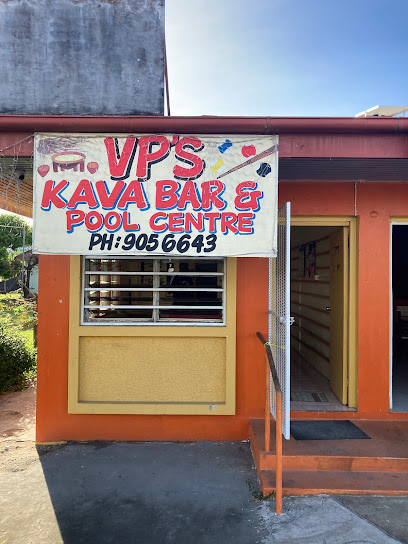
Jojo's Shack
Discover the lively atmosphere of Jojo's Shack, a vibrant bar in Nadi offering refreshing drinks and a taste of Fijian nightlife.

Satellite Kava And Pool Centre
Discover the perfect blend of relaxation and culture at Satellite Kava And Pool Centre, a unique bar in Nadi offering kava and a refreshing pool experience.
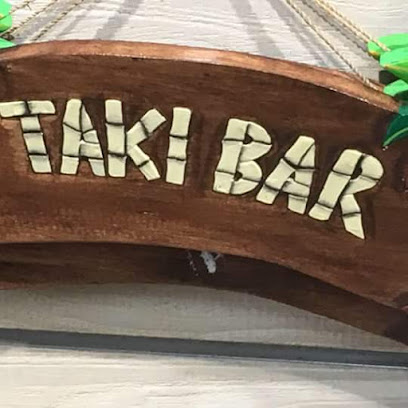
Shalvins Kava Shop Known as Vivak Kava
Discover the authentic taste of Fijian culture at Shalvins Kava Shop, a vibrant bar in Nadi specializing in traditional kava drinks.
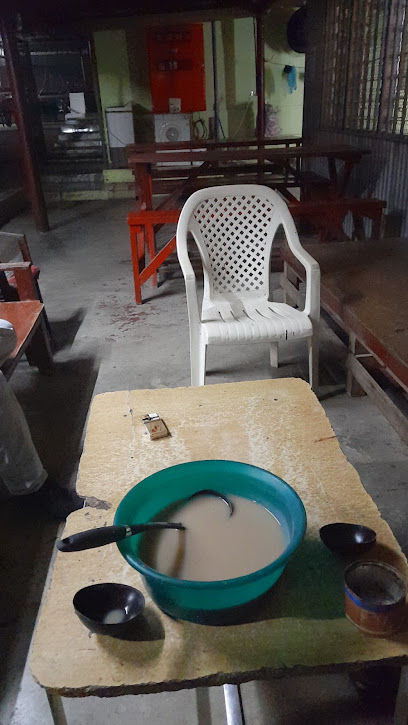
Hidden beach minimart & liquor shop
Experience the laid-back charm of Hidden Beach Minimart & Liquor Shop, your go-to destination for local snacks and refreshing beverages in Nadi, Fiji.
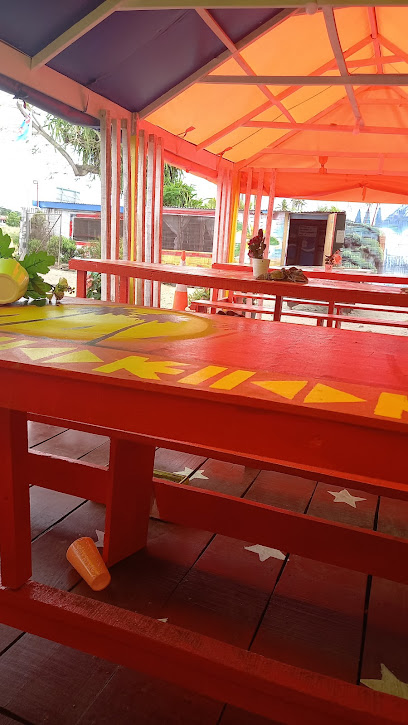
Navadra Kava Bar
Discover the essence of Fiji at Navadra Kava Bar, where traditional kava brings locals and travelers together in a vibrant, relaxing atmosphere.
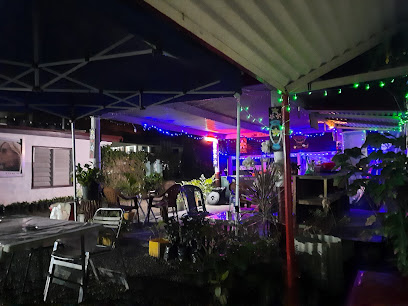
Local Phrases about Denarau Island
-
- HelloBula
[boo-lah] - GoodbyeMoce
[moh-they] - YesIo
[ee-oh] - NoSega
[seng-gah] - Please/You're welcomeVinaka
[vee-nah-kah] - Thank youVinaka vakalevu
[vee-nah-kah vah-kah-lay-voo] - Excuse me/SorryTulou
[too-loh] - How are you?Ni sa bula?
[nee sah boo-lah] - Fine. And you?Vinaka. Ia, ko cei?
[vee-nah-kah. ee-ah, koh they?] - Do you speak English?Ko sa bula vakavuku e na vosa vakaviti?
[koh sah boo-lah vah-kah-voo-koo eh nah voh-sah vah-kah-vee-tee] - I don't understandAu sega ni kila
[ow seng-gah nee kee-lah]
- HelloBula
-
- I'd like to see the menu, pleaseAu vinakata me'ena, vakalevu
[ow vee-nah-kah-tah meh-eh-nah, vah-kah-lay-voo] - I don't eat meatAu sega ni kana lewalewa
[ow seng-gah nee kah-nah leh-wah-leh-wah] - Cheers!Bula vinaka!
[boo-lah vee-nah-kah] - I would like to pay, pleaseAu vinakata me vakadonui, vakalevu
[ow vee-nah-kah-tah meh vah-kah-doh-noo-ee, vah-kah-lay-voo]
- I'd like to see the menu, pleaseAu vinakata me'ena, vakalevu
-
- Help!Veivuke!
[vey-voo-kay] - Go away!Lako yani!
[lah-koh yah-nee] - Call the Police!Telefoni vei ira na Police!
[teh-leh-foh-nee vay-ee-rah nah poh-lee-say] - Call a doctor!Telefoni e dua na dokita!
[teh-leh-foh-nee eh doo-ah nah doh-kee-tah] - I'm lostAu sese
[ow sehn-say] - I'm illAu rarawa
[ow rah-rah-wah]
- Help!Veivuke!
-
- I'd like to buy...Au vinakata me voli...
[ow vee-nah-kah-tah meh voh-lee] - I'm just lookingAu raica tiko ga
[ow rye-thah tee-koh gah] - How much is it?E vica na ka?
[eh vee-thah nah kah] - That's too expensiveSa yawa sara
[sah yah-wah sah-rah] - Can you lower the price?Sa rawa beka ni vakalailai na cakacaka?
[sah rah-wah beh-kah nee vah-kah-lie-lie nah thah-kah-thah-kah]
- I'd like to buy...Au vinakata me voli...
-
- What time is it?E na veika na gauna?
[eh nah vayn-kah nah gah-oo-nah] - It's one o'clockE dua na gauna
[eh doo-ah nah gah-oo-nah] - Half past (10)E le dua ni gauna e ruasagavulu
[eh lay doo-ah nee gah-oo-nah eh roo-ah-sah-gah-voo-loo] - MorningYabaki
[yah-bah-kee] - AfternoonYabaki
[yah-bah-kee] - EveningMataka
[mah-tah-kah] - YesterdayNai vakayabaki
[nah-ee vah-kah-yah-bah-kee] - TodayEdaidai
[ehn-dye-dye] - TomorrowMataka
[mah-tah-kah] - 1Dua
[doo-ah] - 2Rua
[roo-ah] - 3Tolu
[toh-loo] - 4Va
[vah] - 5Lima
[lee-mah] - 6Ono
[oh-noh] - 7Vitu
[vee-too] - 8Valu
[vah-loo] - 9Siva
[see-vah] - 10Tini
[tee-nee]
- What time is it?E na veika na gauna?
-
- Where's a/the...?E vei na...
[eh vay nah] - What's the address?E vei na yasini?
[eh vay nah yah-see-nee] - Can you show me (on the map)?Sa rawa beka ni vakaraitaka mai au (e na loka)?
[sah rah-wah beh-kah nee vah-kah-rye-tah-kah my ow (eh nah loh-kah)] - When's the next (bus)?E vei na mataka (basu) e muri mai?
[eh vay nah mah-tah-kah (bah-soo) eh moo-ree my] - A ticket (to ....)E dua na tikiti (ki ....)
[eh doo-ah nah tee-kee-tee kee]
- Where's a/the...?E vei na...
History of Denarau Island
-
Denarau Island, once a lush mangrove swamp, was originally inhabited by the indigenous Fijian people. The island was rich in natural resources, which supported the livelihoods of the early settlers. These communities thrived on fishing, agriculture, and trade with neighboring islands. The indigenous culture, with its unique traditions, languages, and customs, laid the foundation for the vibrant Fijian heritage that is still celebrated today.
-
In the 19th century, Fiji, including Denarau Island, became part of the British Empire. During this period, the island saw significant changes as British colonists established sugar plantations. The sugar industry brought a wave of indentured laborers from India, whose descendants contribute to Fiji's multicultural society. The remnants of this era, including colonial architecture and historical sites, offer a glimpse into the island's past.
-
The 20th century marked the beginning of Denarau Island's transformation into a premier tourist destination. In the 1970s, developers recognized the island's potential and began extensive land reclamation projects to create a luxury resort area. The development included world-class hotels, an 18-hole championship golf course, a marina, and residential properties. This transformation brought economic growth and positioned Denarau Island as a key player in Fiji's tourism industry.
-
Despite rapid modernization, there has been a strong movement to preserve and revive the island's indigenous culture. Efforts have been made to integrate traditional Fijian customs and practices into the tourism experience. Cultural performances, traditional ceremonies, and local crafts are showcased to educate visitors and honor the island's rich heritage. This cultural revival ensures that the essence of Denarau Island's history is not lost amid its modern developments.
-
In recent years, Denarau Island has also become a focal point for environmental conservation efforts. Recognizing the importance of preserving its natural beauty, various initiatives have been launched to protect the island's ecosystems. These include mangrove reforestation projects, marine conservation programs, and sustainable tourism practices. These efforts aim to balance development with environmental stewardship, ensuring that Denarau Island remains a pristine paradise for future generations.
-
Today, Denarau Island plays a significant role in Fiji's economy and international image. It serves as a gateway for tourists exploring the archipelago, with its international-standard facilities and strategic location near Nadi International Airport. The island hosts numerous high-profile events, including international conferences, sports tournaments, and cultural festivals. Denarau's blend of luxury, culture, and natural beauty makes it a standout destination in the South Pacific.
Denarau Island Essentials
-
Denarau Island is located off the western coast of Viti Levu, Fiji's largest island. The nearest international airport is Nadi International Airport, approximately 20 minutes by car. From the airport, you can take a taxi or a shuttle service directly to Denarau Island. There are also private transfers available. For those traveling by sea, Denarau Marina is a major port for cruise ships and private yachts.
-
Denarau Island is compact, making it easy to get around. Most resorts offer complimentary shuttle services to and from the Denarau Marina and other key points on the island. Taxis are readily available and can be booked through your hotel or resort. Renting a car is another option if you wish to explore the surrounding areas at your own pace. Bicycles and golf carts are also popular modes of transport on the island.
-
The official currency in Fiji is the Fijian Dollar (FJD). Credit cards are widely accepted in hotels, restaurants, and larger shops on Denarau Island. However, it's advisable to carry some cash for smaller establishments and local markets. ATMs are available at Denarau Marina and in major resorts. Currency exchange services can also be found at the airport and in various locations on the island.
-
Denarau Island is generally considered safe for tourists. The area is well-patrolled and has a low crime rate. However, it's always wise to take standard precautions: avoid leaving valuables unattended, especially on the beach, and be cautious when walking alone at night. While there are no specific high-crime areas targeting tourists on Denarau Island, always stay vigilant and aware of your surroundings.
-
In case of an emergency, dial 911 for immediate assistance. The Denarau Medical Centre is available for medical emergencies, and major resorts have their own medical staff. It's recommended to have travel insurance that covers medical emergencies. For minor health issues, pharmacies are available at Denarau Marina and within some resorts.
-
Fashion: Do dress comfortably and casually, but avoid swimwear in non-beach areas. Religion: Do respect local customs and traditions, especially when visiting religious sites. Public Transport: Do be courteous and respectful to drivers and fellow passengers. Don't eat or drink on public transport. Greetings: Do greet people with a warm 'Bula!' which means hello. A handshake is also common. Eating & Drinking: Do try local Fijian dishes and drinks. Don't refuse food or drink offerings, as it's considered impolite.
-
To experience Denarau Island like a local, visit the Denarau Farmers Market, held every Saturday morning, where you can buy fresh produce and local crafts. Engage with locals, as Fijians are known for their friendliness and hospitality. Take a boat trip to the nearby Mamanuca or Yasawa Islands for a more authentic Fijian experience. Don't miss the traditional Fijian cultural shows, often held at resorts, to learn more about the local customs and traditions.
Trending Landmarks in Denarau Island
-
Smugglers Cove Beach Resort
-
Garden of the Sleeping Giant
-
Vasaqa Fiji
-
Grand West Villas
-
Fiji Local Taxi Transfers & Tours - Junior Knows Fiji
-
Island Surf Beauty and Spa
-
Sailors Beach Fiji
-
PacifInk Tattoo Nadi Fiji
-
Naisoso Island Villas
-
Tavuni Hill Fort
-
Xplore Airport & Hotel Transfers Fiji
-
Naihehe Cave
-
Naisoso Island
-
Fusion Tours And Transfers
-
Travel Booking Fiji
Nearby Cities to Denarau Island
-
Things To Do in Lautoka
-
Things To Do in Labasa
-
Things To Do in Ba
-
Things To Do in Sigatoka
-
Things To Do in Savusavu
-
Things To Do in Rakiraki
-
Things To Do in Suva
-
Things To Do in Nausori
-
Things To Do in Levuka
-
Things To Do in Kolovai
-
Things To Do in Vava'u
-
Things To Do in Ha'apai
-
Things To Do in Nuku'alofa
-
Things To Do in Pangai
-
Things To Do in Foa








